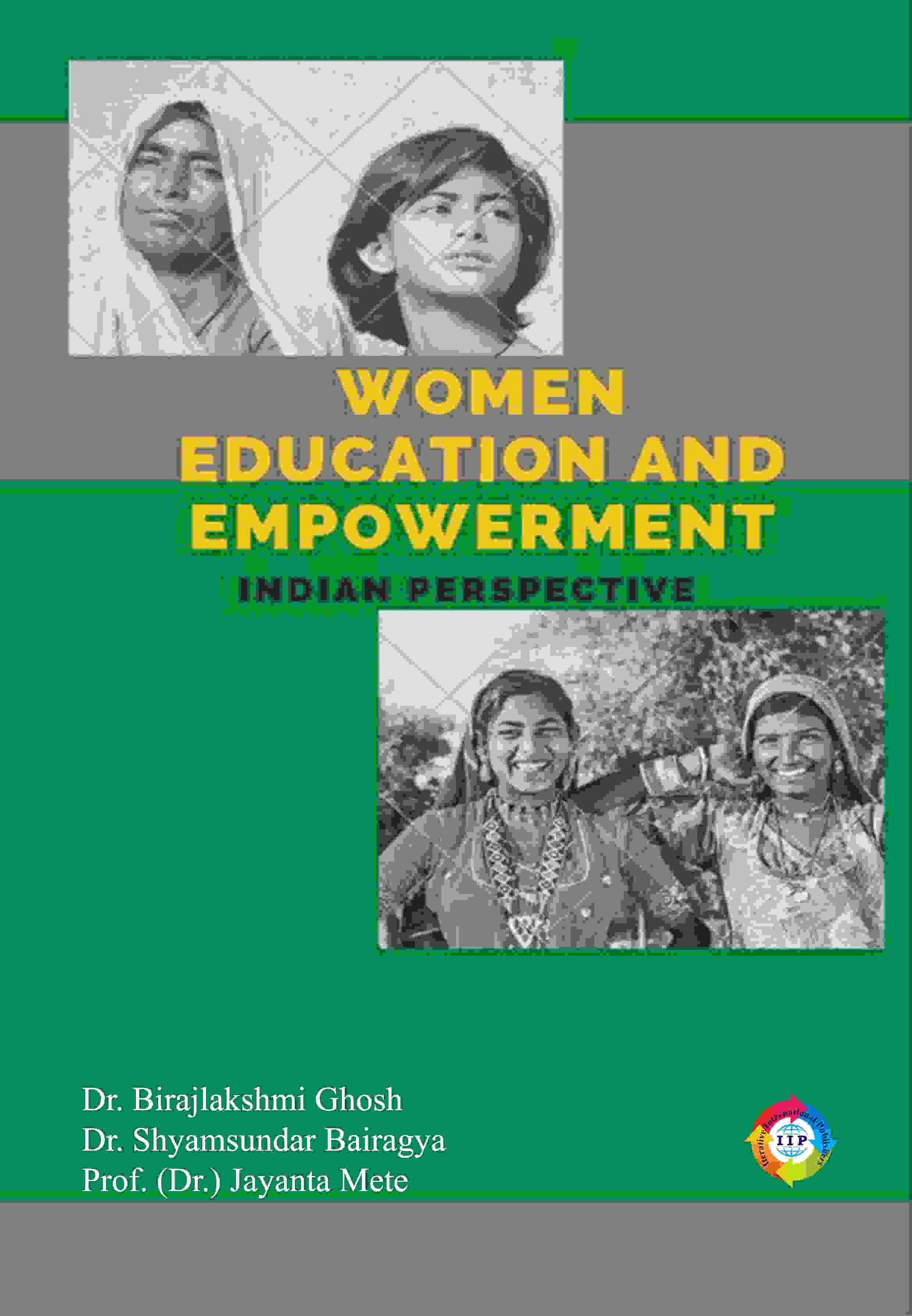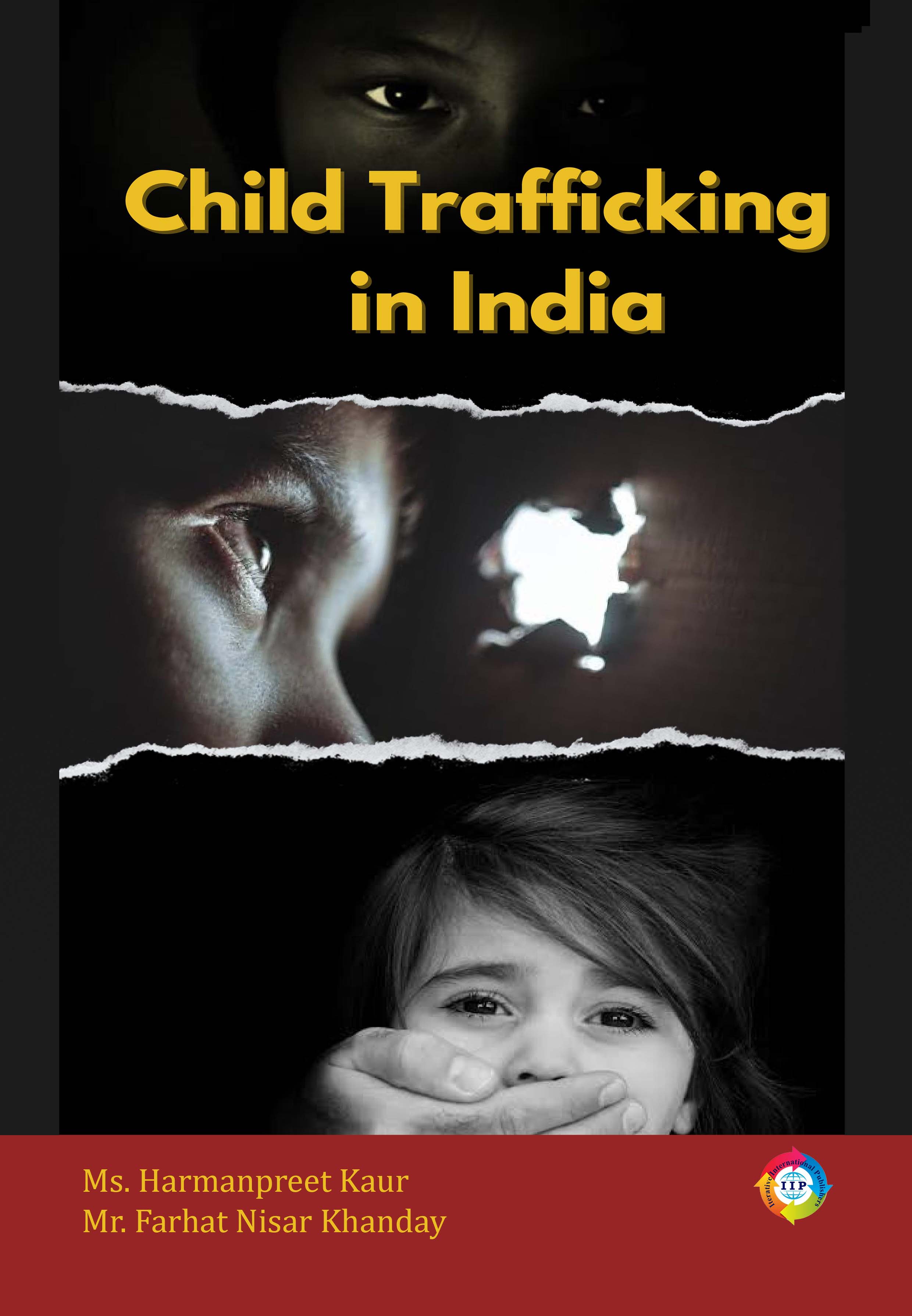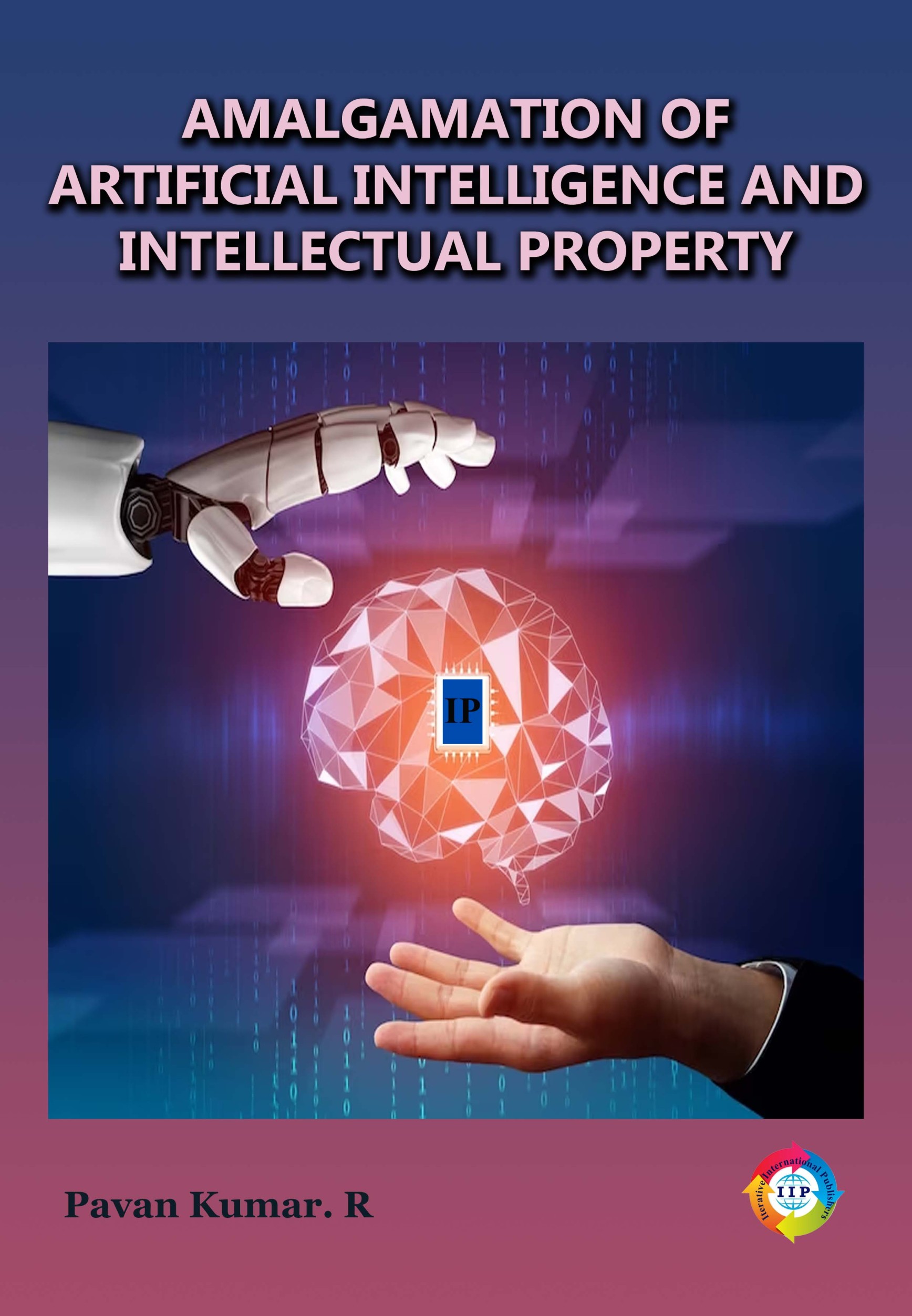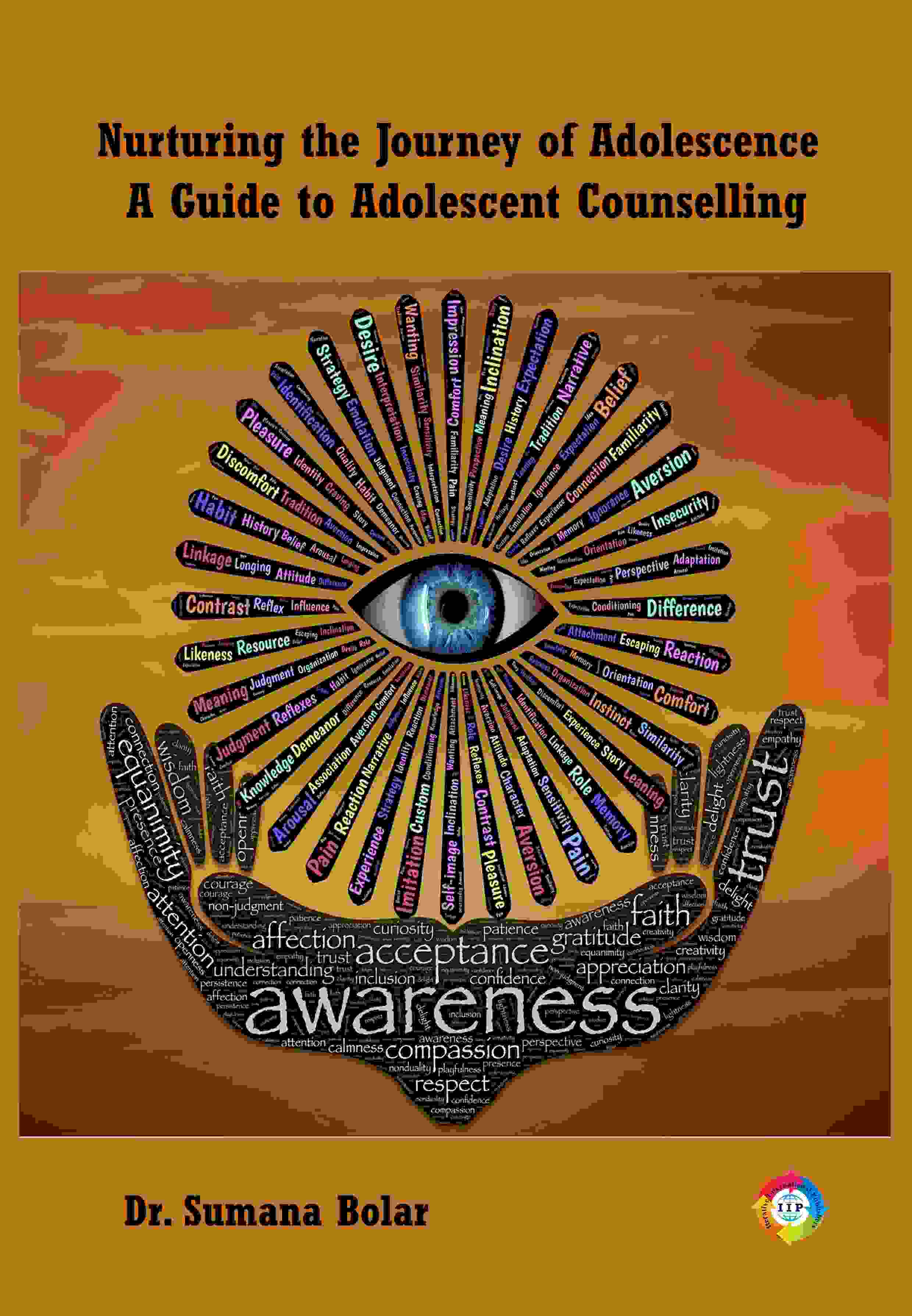
WOMEN EDUCATION AND EMPOWERMENT: INDIAN PERSPECTIVE
-
TypePrint
- CategoryAcademic
- Sub CategoryEdited Book
- StreamSocial Sciences
Women Education is an umbrella term that refers to education and empowerment till the tertiary level for all girls and women. About 65 million women folk worldwide remain out of school, most of them belong to underdeveloped and developing countries. Women play a vital role in the process of development of a nation. It is a mandatory step for all countries, including the underdeveloped and developing countries, to improve their condition of women education.
Women play a significant role in-home and in society. They have a better understanding of the social structure and more compassionate towards the need of others. An educated mother would weigh the importance of female education, the same as boys.
Education is an instrument that builds confidence and ambitions among women. If women become aware of their rights and duties, and raise their voices against exploitation, discrimination and any form of injustice, the society may develop in the right direction. Women constitute half of the population of any society, and thus their power of decision-making play a very significant role for social progression. In this sense, they are pillars of the society. Education of women now becomes an essential strategy of women empowerment. Education plays a vital weapon in eliminating many social crimes and evils against women still prevailing in our society. Negative social customs such as Sati, Dowry, Female infanticide, Flesh Trade, and other harmful customary practises can be eradicated through female education. An educated women's family member earns equal pay as the mail members and aid and elevates the family’s financial needs and family standard.
Women education is a recognised critical condition for women empowerment. Because empowerment can be viewed as means of creating a social environment in which one can make decisions and make choices either individually or collectively on their social transformation, it is the process by which one can gain control over one's destiny and the circumstances of one's life. Thus, empowering women has become the focus of considerable discussion and attention all over the world. The inequalities between men and women and discrimination against women are an age-old issue all over the world. Thus, women quest for equality with a man is a universal phenomenon. Empowerment allows individuals to reach their full potential, improve all types of participation, and believe in their capabilities. Women education in India has been a need of yours, as education is a foundation stone for women's empowerment.
The book addresses the contribution of different thinkers and some of the major issues of women education and empowerment:
• Synoptic view of women education through the ages: Vedic, Bramahnic, Medieval Period;
• Contribution of Missionaries;
• Role of British Government;
• Educational Policies in independent India: Constitutional Provisions: NPE-1968,1986,1992, POA,1992, Other Education policies including the NEP, 2020;
• Women Education in National Education Commissions: Radhakrishnan (1946), Mudaliar (1953), and Kothari (1964).
• National Committees on Women Education and Empowerment: Durgabai Deshmukh, Hanshraj Mehta, and Bhaktabatsalam.
• Indian Thinkers on Womeen Education and Empowerment:(separate topic)
• Iswar Chandra Vidyasagar,
• Raja Rammohan Roy,
• Swami Vivekananda,
• Gurudev Rabindranath
• Rishi Aurobido Ghosh,
• Sister Nibedita
• Sarojini Naidu,
• Durgabai Deshmukh,
• Satyawati Devi,
• Muthulakshmi Reddy,
• Mahatma Gandhi,
• Pandit Jawharlal Neheru,
• Jyothi Bai,
• Shabitri Phule,
• B. R. Ambedkar,
• Mahatma Gandhi,
• Women Empowerment: Concept, Aspects and Agencies,
• Relation between Women Education and Women Empowerment,
• Role of Education in Empowerment of Women,
• Socio-Psychological Constraints of Women Education and Women Empowerment,
• Political-Economical Constraints of Women Education and Women Empowerment,
• Role of Women Empowerment in Modern Indian Society,
• Role of Central and State Governments in Women Education and Empowerment,
• Women |And Physical Education.
**Note: IIP Store is the best place to buy books published by Iterative International Publishers. Price at IIP Store is always less than Amazon, Amazon Kindle, and Flipkart.





COMMENTS
No Review found for book with Book title. WOMEN EDUCATION AND EMPOWERMENT: INDIAN PERSPECTIVE